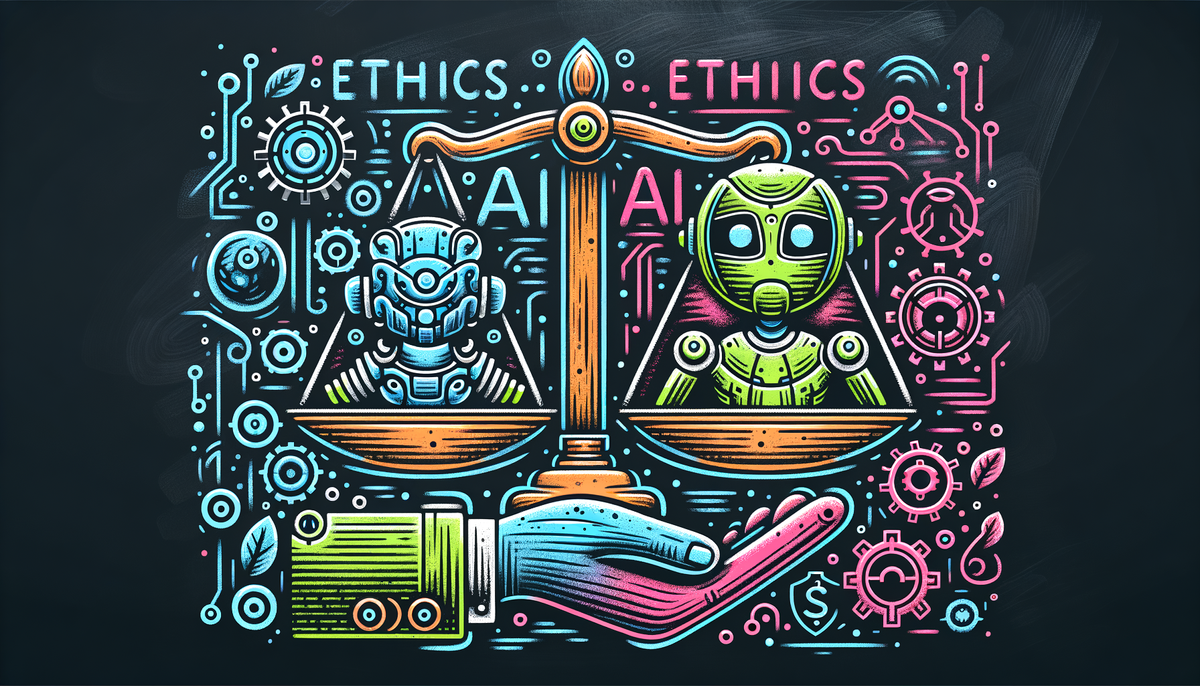AI Innovations and Ethical Discussions Across Sectors

The landscape of Artificial Intelligence (AI) is in the throes of transformative changes, from the methods we use to measure its intelligence to its integration in diverse sectors like healthcare, cybersecurity, legal tech, and the workplace. As the pace of AI advancement accelerates, we're forced to reevaluate its impact and the challenges that accompany its adoption. This article delves into these dynamic shifts, exploring innovative strategies and ethical considerations impacting AI's role in our modern world.
Rethinking the Measurement of AI Intelligence
The task of measuring AI performance is undergoing significant transformation. Traditional benchmarks, often used to assess AI capabilities, seem outdated, as outlined in the Emerging Tech Brew's article. Experts like Anka Reuel have initiated the "BetterBench" project to critique current benchmarks on usability and real-world application. This need for evolution is mirrored in the creation of "Humanity's Last Exam," a sophisticated new standard challenging AI to exhibit more than rote problem-solving skills.
“By far, the greatest danger of Artificial Intelligence is that people conclude too early that they understand it.”—Eliezer Yudkowsky
The push towards cultivating AI that can ask profound questions, advocated by Thomas Wolf of Hugging Face, marks a paradigm shift towards redefining intelligence as a process of inquiry rather than achievement on arbitrary tests. This reflects the philosophical shift necessary for future AI progress.
AI's Transformative Role in Healthcare
In healthcare, companies like Layer Health are revolutionizing clinical research and patient care through AI-driven platforms. Their use of Large Language Models (LLMs) to streamline data from medical charts optimizes efficiency, a dramatic improvement over cumbersome manual processes (Healthcare Innovation Group).
Layer Health's collaboration with institutions like the American Cancer Society shows the significant potential for AI to accelerate medical research and improve patient outcomes. Their technology not only enhances data processing capabilities but positions them at the forefront of AI integration in the healthcare industry.
Advancements in Cybersecurity
As cyber threats evolve, AI is proving indispensable in cybersecurity efforts. Microsoft’s introduction of Security Copilot Agents, as discussed by TechRadar, is a testament to AI's crucial role in bolstering organizational defenses. These agents enhance the ability of security teams to manage vast numbers of alerts and are key allies in the ongoing battle against cybercrime.
“I believe AI is going to change the world more than anything in the history of mankind. More than electricity.”—Kai-Fu Lee
Microsoft's proactive approach underlines a shift toward leveraging AI as a necessary partner in defending societal infrastructures from increasingly sophisticated cyber threats.
Legal Innovations through AI
Rev's acquisition of SmartDepo signifies a leap forward in legal tech. Incorporating AI-driven deposition summaries, this merger boosts efficiency in legal proceedings, benefiting attorneys with precise, rapid analyses LawSites notes.
This combination represents not just technological enhancement in legal services but showcases AI's versatility in adapting to highly specialized sectors, delivering accuracy that legal professionals rely on heavily for their work.
Ethical Considerations and Generational Perspectives
As AI’s presence grows, ethical debates intensify. In the UK, delayed AI safety legislation raises concerns of prioritizing innovation over safety, risking economic impacts if inadequately addressed (TechRepublic). This uncertainty highlights the tension between technological progress and essential safety considerations.
Compounding this complexity, a study by Forbes reveals Gen Z’s apprehension towards AI, with 41% reportedly undermining AI strategies due to ethical concerns. This generational divide underscores the necessity for inclusive dialogue that bridges gaps in values and facilitates AI's responsible integration in the workplace.
The AI Ethics Dilemma
The intersection of AI and ethics is exemplified in discussions about AI's role in education and workplace settings, critical for developing a common ethical framework for technology usage. These conversations are pivotal as they shape the cooperative landscape needed for AI to flourish ethically and effectively in society.




